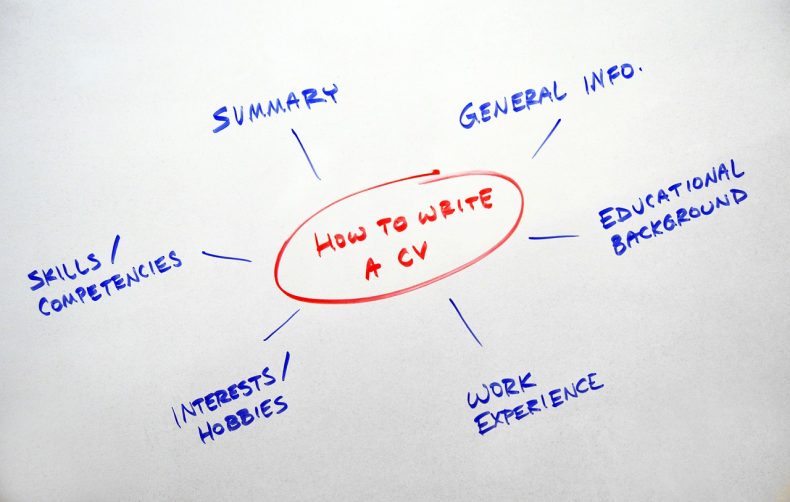As an entrepreneur, you must create and regularly update your resume. It doesn’t necessarily have to be in preparation for a time in future when you voluntarily or involuntarily exit your founder role and return to the job market.
Rather, as you seek funding for your business, approach a third party for a partnership, submit a product proposal to a lucrative client, get called up to speak at an industry convention, are invited to make a commencement address or are notified you’ve won a prestigious award, you may be requested to share your resume.
A resume is, in fact, one of a founder’s most important documents and shouldn’t be an afterthought hurriedly put together at the last minute, when needed. It should be a summary of your achievements including awards, press mentions and major milestones.
Whether you create it manually or opt to try ResumeBuild (or any other online resume maker for that matter), you must avoid these 3 common mistakes of entrepreneur resumes.

- Overwriting Your Job Seeker Resume
Most entrepreneurs were employees at one point and, therefore, had resumes crafted around the mindset of a job seeker. One of the cardinal rules of effective resumes is tailoring it to the target audience. For a job seeker, that might mean having different resumes depending on the position or company you are interested in. The same logic applies when creating an entrepreneur’s resume.
Unless you are making your way back to the job market, your resume should be focused on appeasing investors, lenders, clients, industry journals and professional associations. The structure and tone in your job seeker resume would likely sound awkward to these audiences. While there are achievements from your employee experience that should be included in your resume, it’s best to create a new document from scratch that’s entrepreneur-centric.
- Too Many Personal Details
As an entrepreneur, your primary goals are likely to generate profit and attract investors. It’s, therefore, in your best interest to market your product to as large a market of prospective customers and investors as possible. Including too many personal details and preferences in your resume can be an impediment to this goal.
It’s not necessary to state your ethnicity/race, marital status, sexual orientation, religious affiliation, political party or dietary preferences as this can be a distraction or isolate people who would otherwise have been focused on the substance of what you have to say.
You shouldn’t even state your height, weight, age or social security number. Some of this information could be used for identity theft if it falls in the wrong hands, yet it isn’t really meaningful for the reader to know.
In any case, excessive personal details will only serve to bulk up the beginning of your resume, thereby slowing down the reader in their quest to get to the real meat of the document.
- Lengthy Resume
Unlike a job seeker’s resume, an entrepreneur’s resume will often be one of several other documents they’ve been asked for by an investor, lender or client. Ergo, there’s plenty of information about you in the other documents you share that it doesn’t need to be repeated or expounded on in the resume.
Give the resume a sharp focus depending on the audience. Pack in all pertinent information and condense it as much as possible. Make the resume functional, clear and concise.
Don’t get too caught up in preparing business plans, strategy documents, company profiles and product brochures that you forget to create or polish your resume. You never know when you’ll need it. If you do it well, it just could be the thing that tilts a decision in your business’ favor.